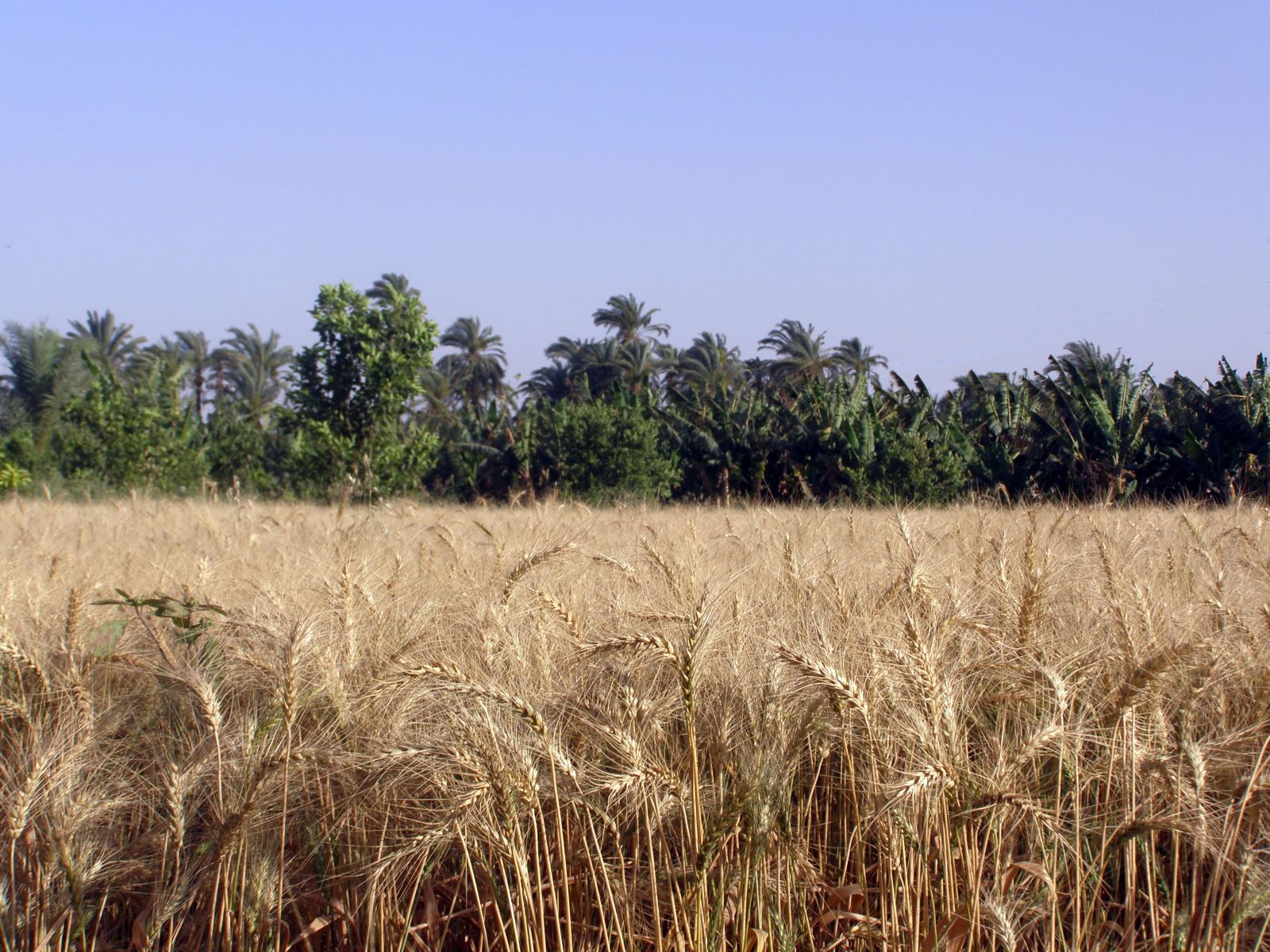Of export bans and self reliance

No staple food exports for another three months as we look to raise local harvests: The Trade Ministry has extended by three months its March ban on exports of wheat, flour, corn, lentils, pasta, fava beans, and vegetable oils, the state-owned MENA news agency reports.
Exports of any “excess” supplies of the listed goods could go ahead following Trade Ministry approval, according to the decision.
This comes as the Agriculture Ministry wants local wheat production to account for 65% of our annual consumption needs by 2025, Agriculture Minister El Sayed El Quseir said at a press conference yesterday following the Madbouly cabinet’s weekly meeting. This confirms the target announced earlier by Planning Minister Hala El Said.
More incentives for farmers? El Quseir said that the government would introduce fresh incentives next harvest season, without specifying what they could be. “Due to the global commodity supply crunch the Russia-Ukraine war caused, the government is focusing on providing local wheat farmers with the necessary incentives and facilities to increase wheat cultivation areas and crop yields,” he said.
Cheaper fertilizer is in the frame: Cabinet spokesperson Nader Saad had previously said that wheat farmers could be getting some help with new subsidized fertilizer prices, after people in the industry said that the surging price of fertilizers is one of the key impediments for Egyptian farmers.
Land reclamation is also a key focus: “We plan to reclaim large parts of the North Sinai desert for wheat cultivation, and will soon announce details on a North and Middle Sinai agricultural development project,” El Quseir said. President Abdel Fattah El Sisi also recently inaugurated a 1.5 mn feddan land reclamation project in the New Delta, dubbed Egypt’s Future, which will be used to grow wheat, corn, and other crops.
Wheat isn’t the only commodity whose supply we’re localizing: Egypt has already reached self-sufficiency in vegetable, cheese, milk, and poultry production, and “we’re about to achieve sugar self-sufficiency,” the minister said.
Refresher: The export ban on key staples as well as our drive to shore up local production comes as part of measures to shore up supplies after Russia’s invasion of Ukraine threw global food markets into turmoil. This comes as the government is raising local wheat prices by 22% as part of a raft of measures to incentivize farmers to increase production. It also introduced a minimum selling quota to the state and tightened restrictions on sales to non-state actors.
HARVEST SEASON UPDATE-
The Madbouly government has so far procured 3.7 mn tons of local wheat out of its total 6 mn-tonne target since the start of the harvest season, El Quseir said. The harvest season ends in August. “This is a good harvest and we’re still going to receive more before the end of the season,” he said.
No major change in reserves: Our wheat reserves are sufficient to last till the end of the year, a Supply Ministry official told Reuters yesterday, nearly two weeks after Supply Minister Ali El Moselhy said our reserves would last until January 2023.